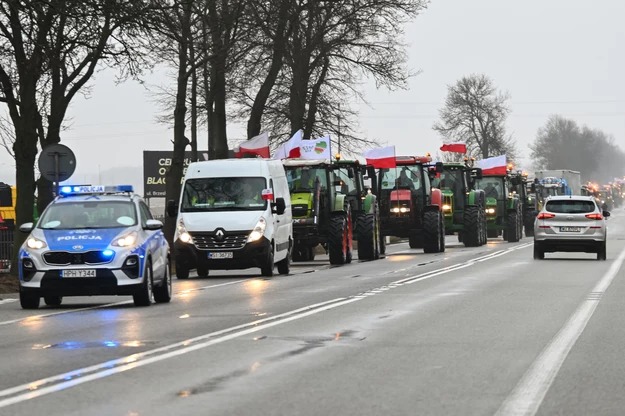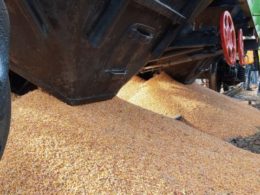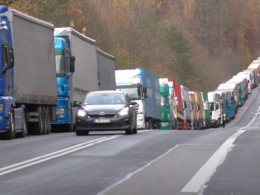On 24 January, Polish farmers staged nationwide protests, taking to the roads in tractors and farming equipment to demonstrate against extended tariff-free imports of agricultural and food products from Ukraine, RMF24 reports. The farmers claim the cheap imports create unfair competition, undercutting domestic prices and threatening their livelihoods.
The protests come shortly after the Polish truckers suspended their two-month blockade of the Ukrainian border checkpoints that caused huge losses for both Ukrainian and Polish economies and disrupted supplies of aid and matériel to Ukraine.
The farmers reportedly protested on the roads in more than 200 places throughout Poland, demanding among other things, not to extend duty-free imports of agri-food products from Ukraine. Some farmers claimed that today's demonstration was a warning protest.
Polish Prime Minister Donald Tusk promised to find a solution that would address the farmers' concerns without violating EU laws or antagonizing Ukraine too much. He said Poland would seek to make sales of Ukrainian products in Poland subject to approval by Polish institutions.
Tusk stated the government would find wording "that may not excite enthusiasm in Brussels but won't unambiguously violate European law, and will be, with effort, acceptable to Ukrainians." He added that resolving the farmers' anxiety over imports was a priority for him.
Read also:
- Minister: Some 5,000 trucks left for Poland after Polish truckers suspended border blockade
- Polish truckers end Ukraine border blockade after two-month standoff
- Ukraine ranks as third largest agricultural supplier to EU
- Third Ukrainian trucker dies due to Polish blockade of Ukraine’s border
- Russia stole nearly 8 million tons of harvest in occupied Ukraine
- Grain dispute: how Poland and Ukraine can reach a solution
- Romania and Ukraine work together to regulate Ukrainian grain exports
- Farmers block roads across Bulgaria, protesting agricultural imports from Ukraine
- Ukraine to sue Poland, Hungary, and Slovakia over grain ban




